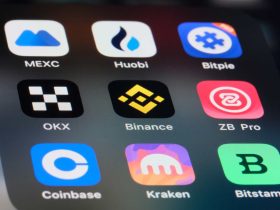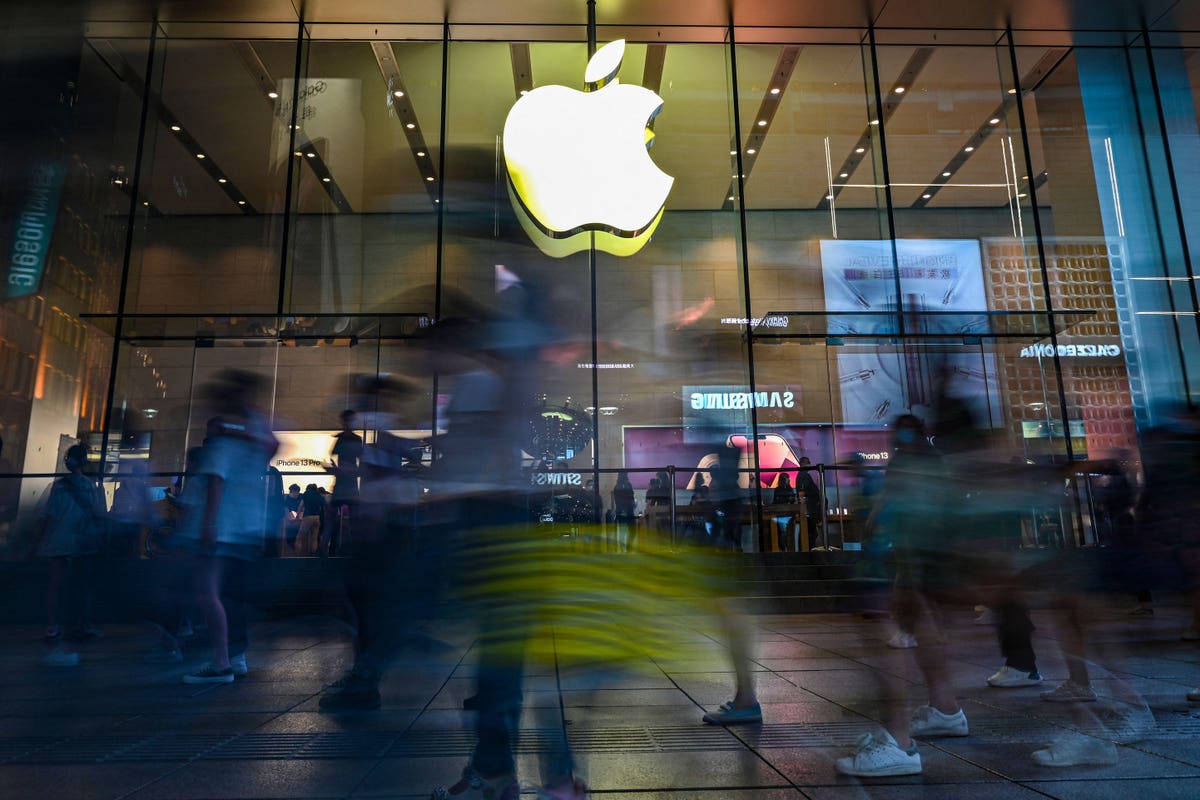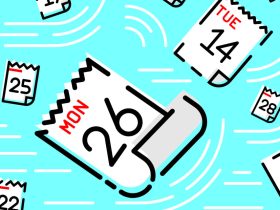Key takeaways
- The Apple Store crashed on Friday as customers flocked to pre-order the newly launched iPhone 15
- The high-end Pro Max has proven to be the most popular model so far
- Apple stock is down 2.5% since the Wanderlust event took place last week
Wall Street may have shrugged off the iPhone 15 launch event this year, but the die-hard Apple fans still flocked to get the latest model. The Apple Store crashed after strong demand from users left the website unable to cope with the traffic – and when it did, delivery estimates for the high-end Pro Max model quickly slipped to weeks in advance.
It’s good news for Apple, who have been facing some headwinds in the market and concerns over how interested anyone is in a new iPhone anymore. But the launch is one thing, and sustained demand is another. Can Apple make enough new iPhone sales to keep shareholders and Wall Street happy with its performance?
Let’s get into the details of what happened with the Apple Store, why the Apple Wanderlust event was considered a bit of a let-down and how the markets have reacted to this latest twist in the iPhone 15 launch.
Why was the Apple Store down?
Friday marked the day the four new iPhone 15 models were released for pre-order on the Apple Store. More than 40 countries had access to the launch, which followed the Apple Wanderlust event on 12 September.
But Apple fans quickly took to X, formerly known as Twitter, to complain when the Apple Store was still down after 5 pm ET – the promised launch time. It wasn’t for another 15-20 minutes that the website and app were available, and then popular demand left customers facing a weeks-long lead time for the high-end models.
The iPhone 15 Pro Max is the only model with a price upgrade, adding an extra $100 to the finished product. The natural titanium and white Pro Max models retail for $1,199 and now have estimated delivery times as late as mid-November in some parts of the U.S. The blue and black versions are faring somewhat better but still aren’t expected to arrive until mid-October.
China also saw strong demand, which was a concern for Apple, given recent news stories over the Chinese government allegedly banning iPhones for work. Shipment times for the Pro Max models in China are now facing month-long wait times, while China’s reselling platform Meituan says it processed $27.5 million of iPhone 15 orders in the first 30 minutes of pre-orders opening.
Given that the Pro Max version seems to be flying off of the figurative shelves, perhaps the naysayers about Apple’s pricing strategy need to eat some humble pie.
What happened at Apple’s Wanderlust event?
Apple’s latest launch event, Wanderlust, saw the world’s most valuable company introduce several new updates to its existing products – but there wasn’t anything new and exciting about the launch.
The iPhone 15 was unveiled with a new titanium casing, which makes the overall weight of the phone 10% lighter, an improved camera and an impressive new A17 semiconductor chip to give the new iPhone the fastest performance yet. In a likely begrudging move from Apple, the latest models are also complete with USB-C charging points after a ruling from the EU ordered the company to change its charger design.
Apple also announced two new Apple Watch models, the Series 9 and Ultra 2. Both feature a new chip that allows for processing Siri requests on the device rather than over Wi-Fi, an 18-hour battery life and 30% faster performance. The new watches are also Apple’s first-ever carbon-neutral product
Apple’s adoption of the USB-C charging technology also impacted the AirPods design, with revised second-generation AirPod Pros and wired EarPods also revealed at the event. And with everyone dying to know when Apple’s first new product in years, the Vision Pro AR headset, might be available, the answer was: soon. Early next year, in fact.
Why did Apple’s stock go down after the event?
In the run-up to the Wanderlust event, Apple stock fell 1.4% in early trading on Tuesday as investors wondered what would be new and innovative at the event – and were left disappointed when it all went exactly as planned.
Dow Jones Market Data has tallied that Apple stock traditionally goes up around 5% in the three months after the September launch event. But this year could see an exception to the rule, with Apple’s share price falling 2.5% since the Wanderlust launch event to $175.01.
Apple stock has still gained around 40% in 2023, pushing the Big Tech titan to a world-first of becoming the only company worth over $3 trillion. As for the stock’s future, reactions to the Wanderlust event were mixed, especially as only one of the four models saw a price increase, but Apple’s sheer force of nature is keeping future stock expectations buoyant.
Evercore ISI analysts said the event was “mildly disappointing” but still have an Outperform rating on the stock at $210. Wedbush analyst Dan Ives had a more glass-half-full approach, upping his price prediction for Apple stock to $240 because the phone upgrade cycle in the next 12 months would surprise on the upside. Citi analysts have the same price prediction with a Buy rating on the stock.
Apple’s upcoming headwinds
It’s hard to know what the financial impact of the new iPhone model is until Apple reports its fourth-quarter earnings, but we know for a fact that the product makes up over half of the company’s sales: based on 2022’s full-year $394 billion revenue, over $205 billion of that was in iPhone sales. In short, a lot is riding on the iPhone 15 this year.
JPMorgan predicts Huawei’s latest smartphone release, the Mate 60 Pro, could hurt Apple’s iPhone 15 sales in China. The country accounts for around 19% of all iPhone sales, so that’s a massive blow to Apple should Huawei’s model reign supreme.
And it could be a winner – the Huawei model has a 7-nanometer node for its chip, which is a new milestone for the Chinese domestic semiconductor chip industry. Huawei is also growing its own market share, having jumped from 7% in the second quarter of 2022 to 13% a year later. And that’s with a 4G network – the Mate 60 Pro has 5G capabilities.
Another issue Apple needs to overcome is a global slowdown in phone sales. Counterpoint Research said it anticipated smartphone shipments to decline 6% yearly to 1.15 billion phones, a decade-low. Despite this, the research also puts Apple on track to potentially become the top-selling phone company for the first time.
The bottom line
Fans may have been left frustrated at the Apple Store crashing over the new iPhone pre-orders, but that’s precisely the kind of enthusiasm that Wall Street wants to see about Apple’s latest product offering. With headwinds in China and the global phone sales market, it’s critical for the Big Tech company to show it’s still on top.
And analysts seem happy enough about Apple’s prospects for the next year, even if it didn’t unveil anything new at the latest launch. A short-term dip in the stock could easily be remedied with strong iPhone 15 sales off the bat.
Read the full article here













Leave a Reply